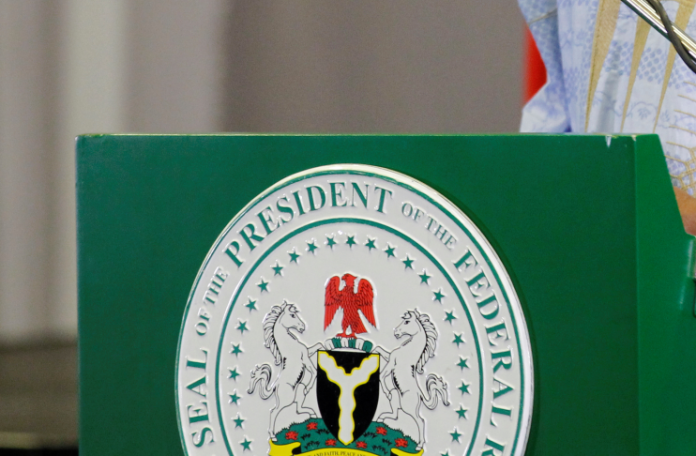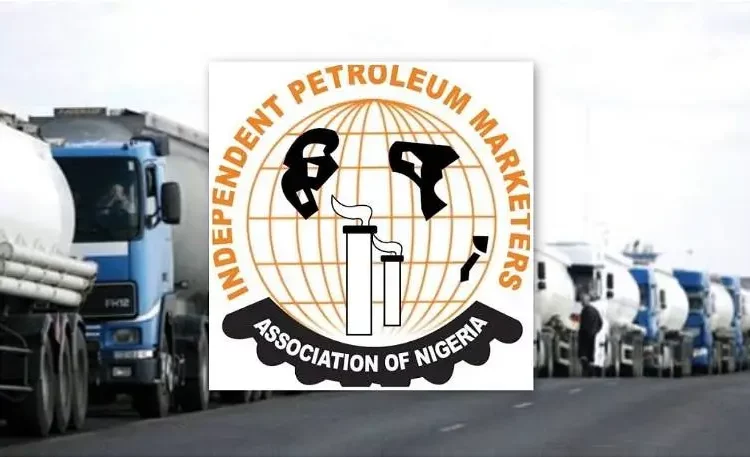A new report by the World Bank has revealed that Nigeria’s social safety-net programmes are largely failing to reach the most vulnerable citizens, despite billions of naira spent annually.
Titled “The State of Social Safety Nets in Nigeria”, the November 2025 report shows that only 44% of total benefits actually reach poor Nigerians.
The study assessed federal programmes, including conditional cash transfers and the National Home-Grown School Feeding Programme (NHGSFP), highlighting weak targeting, fragmented implementation, and low funding as key reasons millions of Nigerians remain without meaningful relief.
The report noted that most programmes, including the National Social Safety Nets Programme (NASSP), distribute fixed amounts per household rather than per person.
Poor households, often larger in size, therefore receive less per individual. For example, a rural family of eight and a semi-urban household of three may receive the same payment, leaving larger families under-supported.
While the NHGSFP targets individuals rather than households, it only covers children in grades one to three, limiting the programme’s reach.
Low Investment and Minimal Impact
Nigeria spends just 0.14% of GDP on social protection, far below the global average of 1.5% and the Sub-Saharan African average of 1.1%. The report states that combined social safety-net programmes have reduced national poverty by only 0.4 percentage points.
The World Bank also highlighted Nigeria’s dependence on foreign donors, noting that between 2015 and 2021, about 60% of federal spending on safety nets came from official development assistance, with over 90% of that from the Bank itself.
The report warned that such reliance risks funding gaps if donor support declines.
Despite the challenges, the report acknowledges successes within the NASSP, which uses the National Social Registry to identify poor households.
Among beneficiaries, the programme reduced poverty by 4.3 percentage points and the poverty gap by 4.2 percentage points—nearly ten times more effective than the combined impact of other safety-net initiatives.
With over 85 million individuals already captured in the NSR, the World Bank describes the platform as a “ready-made system” for accurate, transparent, and scalable delivery of social assistance.
The report concludes that well-targeted, adequately funded, and digitally enabled programmes could significantly improve poverty reduction in Nigeria.
Rate, Like 👍, Comment 💬, Share this article, Follow us on our social media handles, and Submit your own story to get featured and earn rewards!








